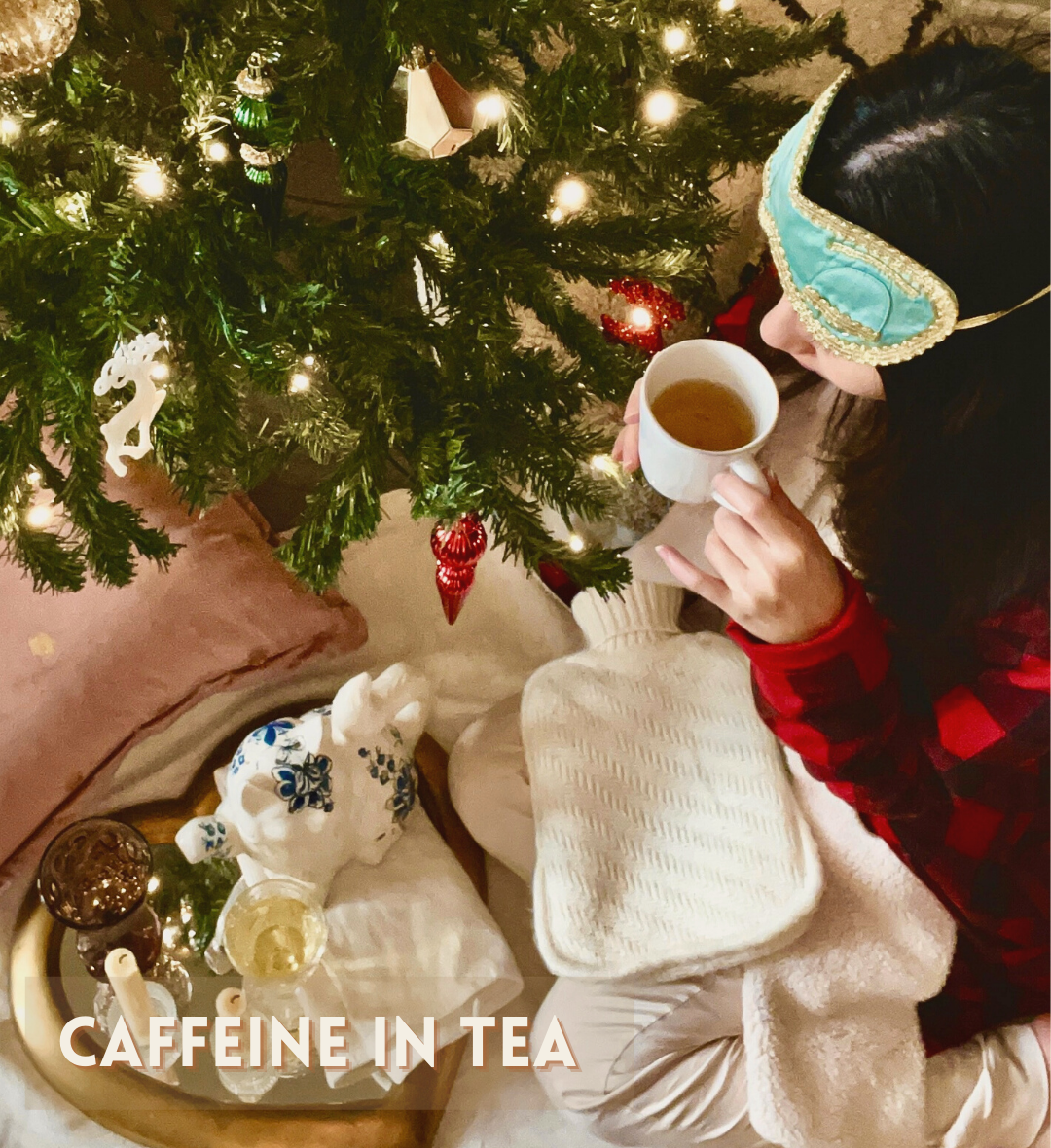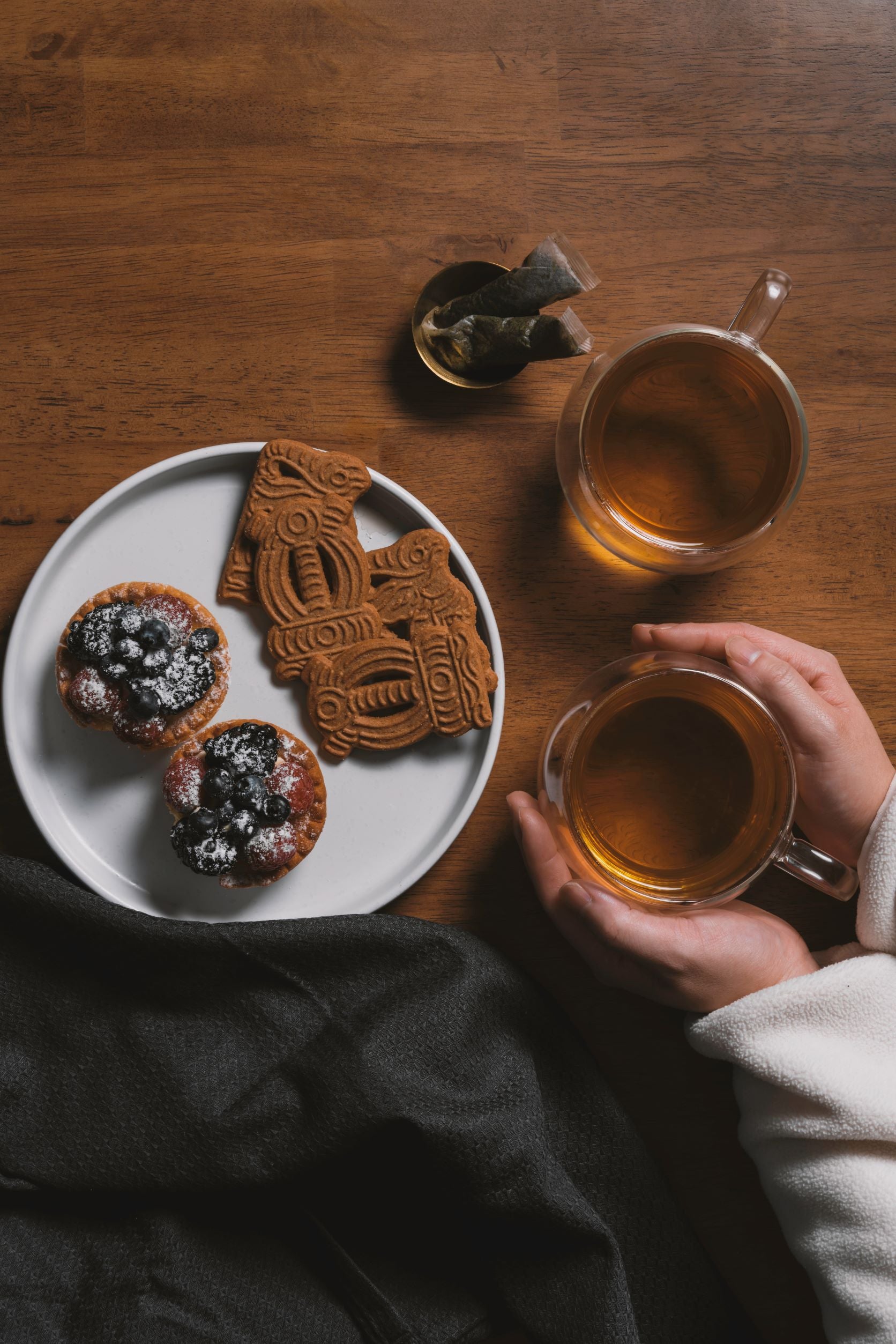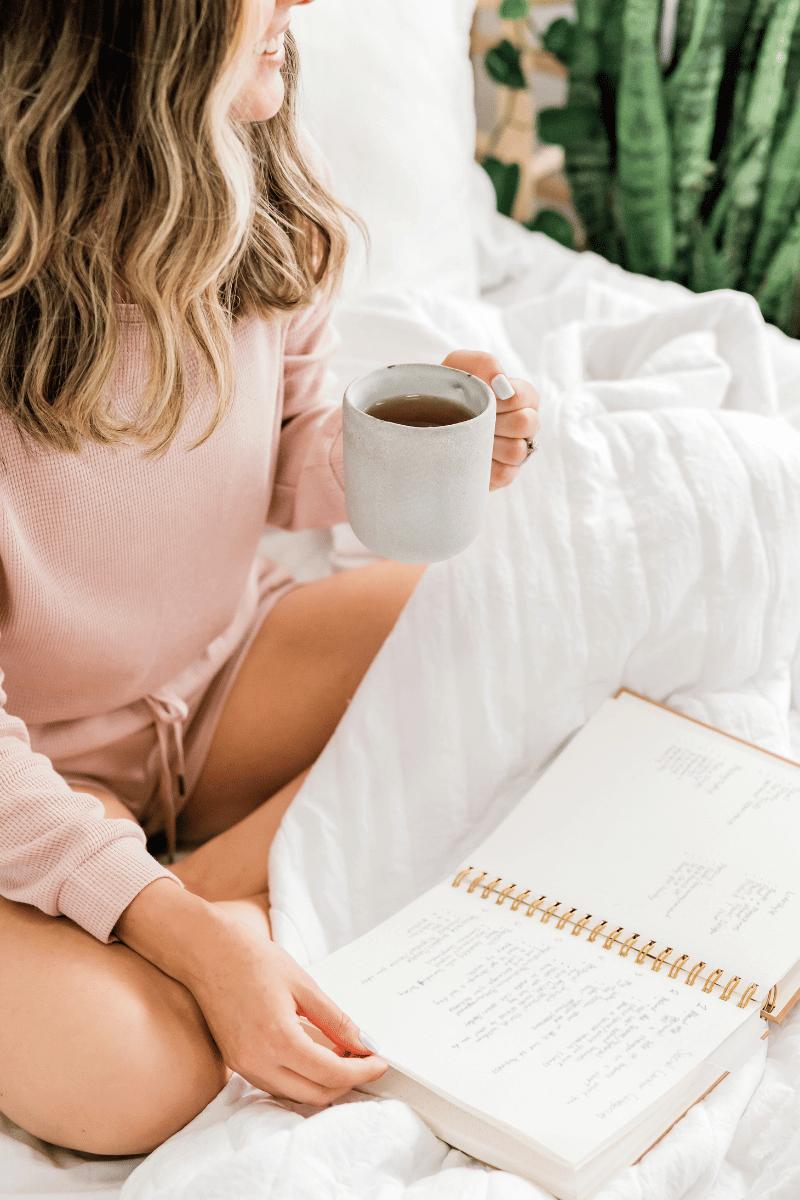Does Oolong Tea Have Caffeine?

Does Oolong Tea Have Caffeine?
Most teas (except for herbal and rooibos) contain varying levels of caffeine, including oolong tea. However, the level of caffeine isn’t definitive and may differ from batch to batch, as there are many factors which can affect the caffeine in oolong tea.
In this blog post, we are going to explore a little bit on the common factors that can affect caffeine in oolong tea, as well as the factors you can control when brewing your oolong tea at home.
Common factors affecting caffeine contained in oolong tea
There are many factors that affect the caffeine levels, from the tea plantation itself, the way the tea leaves are processed, to how the tea is brewed. For example:
-
When are the oolong tea leaves harvested?
Tea leaves harvested in the summer and the fall contain more caffeine than tea leaves harvested in the spring and the winter. The tea leaves that are exposed to less sunlight also contain less caffeine.
-
How the oolong tea was processed
The more fermented the tea leaf is, the more caffeine there is. For instance, black tea (80% -100% fermented) contains more caffeine than green tea (below 10% fermented).
-
How the tea was brewed
This can be the steep time and the amount of tea leaf brewed.
How Much Caffeine is in High Mountain Oolong Tea
Caffeine in high mountain oolong tea can range between 13ml per 100ml or 3.4 oz to 19 ml per 100ml or 3.4 oz (roughly ⅓ of the caffeine in coffee). High mountain oolong tea (Alishan oolong tea) is usually between 5% - 10% fermented, and is grown in the mountains that are often covered with fog, therefore high mountain oolong tea usually has less caffeine contained.
How To Adjust The Caffeine Contain In Your Tea
To adjust the caffeine contained in your tea, you can adjust the steep time when brewing the tea. To decrease the caffeine in your tea, simply decrease the steep time.
Also, the amount of tea leaf used to brew tea will affect the caffeine content. When using less amount of tea leaves, there will be less caffeine in the tea.

Takeaway
Oolong tea does contain caffeine, but contains less when compared to coffee. Nowadays, many people are looking for coffee substitutes, oolong tea is a good alternative as it gives you less caffeine, calms your mood, but still keeps your energy levels boosted (gently). However, for people who are relatively sensitive to caffeine, it is not recommended to drink it after a certain time of day (depending on each individual’s condition) or else it can still give you insomnia and affect your sleep quality at night.



